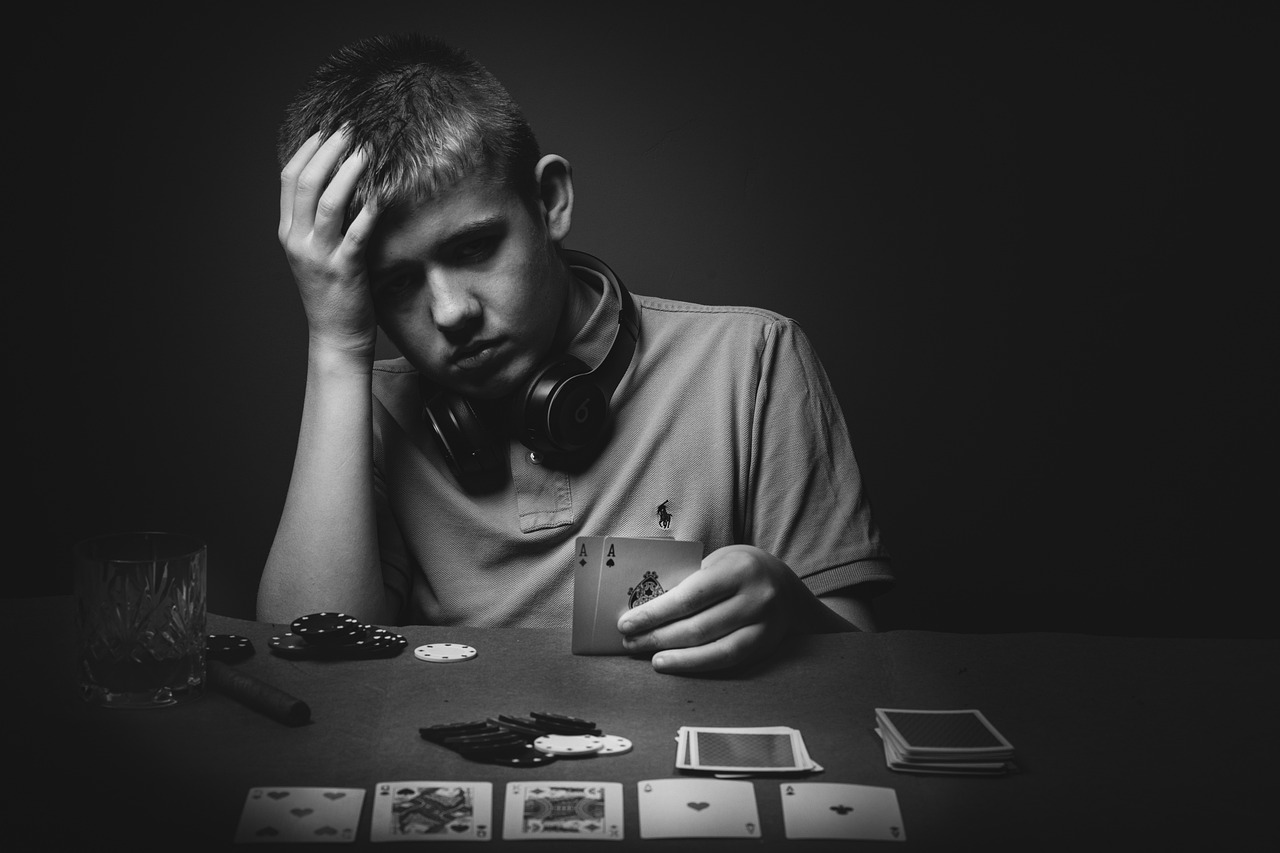
Casinos, with their dazzling lights, enticing sounds, and the promise of big wins, have become a popular form of entertainment for many slotomania.
However, behind the glitz and glamour lies a dark reality: gambling addiction. This insidious condition can wreak havoc on individuals’ lives, leading to financial ruin, relationship breakdown, and even suicidal thoughts. In this article, we will explore the psychological factors that contribute to gambling addiction and how casinos exploit these vulnerabilities.
The Psychology of Gambling Addiction
Gambling addiction is a complex disorder that involves both biological and psychological factors. One key factor is the brain’s reward system. When a person wins a bet, their brain releases dopamine, a neurotransmitter associated with pleasure and reward. This positive reinforcement can lead to a strong craving for the thrill of gambling.
Another factor is the illusion of control. Many gamblers believe that they can influence the outcome of a game through skill or strategy. However, the reality is that most casino games are based on chance, and the house always has an advantage. This illusion of control can lead to persistent gambling behavior, even in the face of repeated losses.
How Casinos Manipulate Human Psychology
slotomania, Casinos are carefully designed to maximize their profits and keep customers coming back. They employ a variety of psychological techniques to manipulate human behavior and make gambling as addictive as possible.
- Stimulating Environment: Casinos create a stimulating environment with bright lights, loud noises, and free-flowing drinks. This can impair judgment and make it difficult for gamblers to make rational decisions.
- Near-Misses: Slot machines are often programmed to produce near-misses, where a player comes close to winning but falls short. This can create a sense of anticipation and excitement, encouraging players to keep gambling.
- Time Distortion: Casinos often remove clocks and windows to obscure the passage of time. This can lead to a loss of track of time and spending.
- Easy Access to Credit: Many casinos offer easy access to credit, allowing gamblers to borrow money to continue playing. This can lead to a cycle of debt and addiction.
The Consequences of Gambling Addiction
Gambling addiction can have devastating consequences for individuals and their families. It can lead to financial ruin, relationship breakdown, and even criminal activity. In severe cases, gambling addiction can also result in suicidal thoughts or attempts.
Seeking Help
If you or someone you know is struggling with gambling addiction, it is important to seek help. There are many resources available, including therapy, support groups, and medication. With the right treatment, it is possible to overcome gambling addiction and rebuild your life slotomania.



